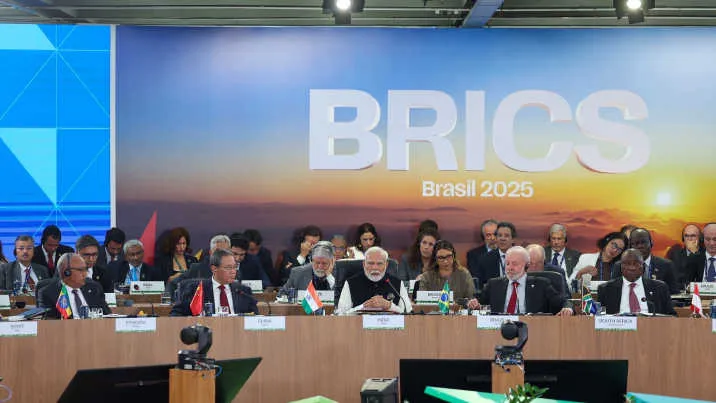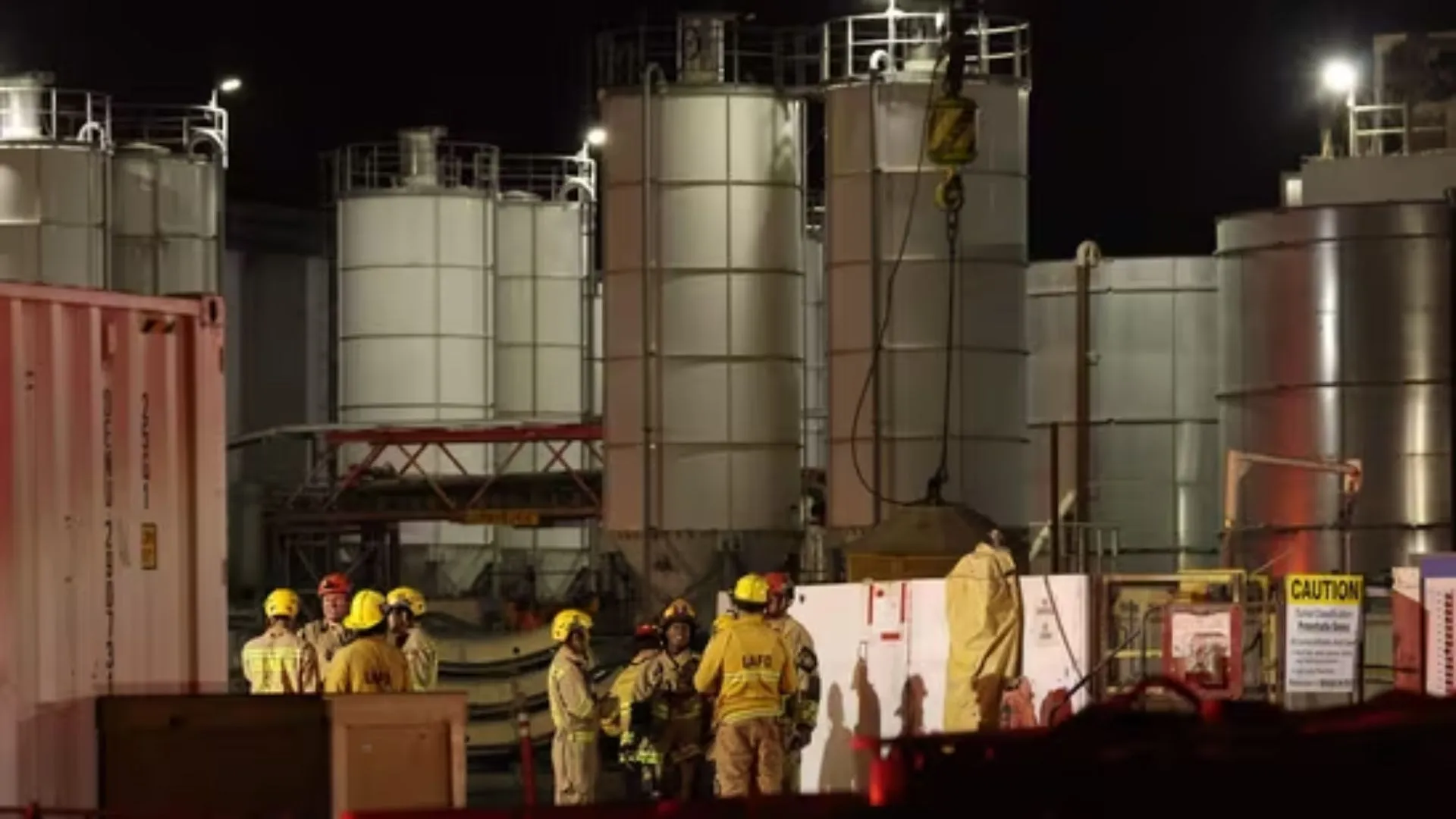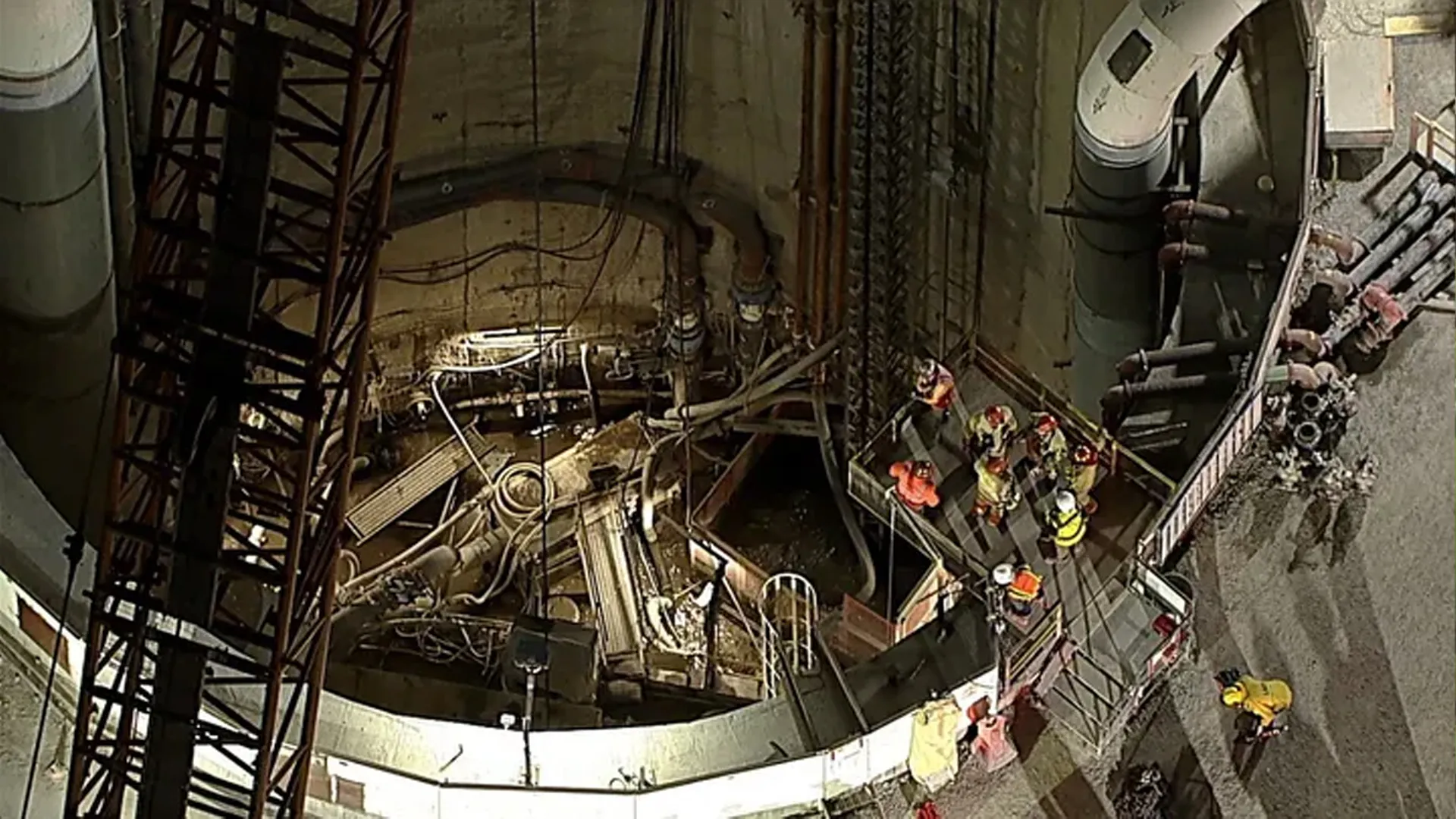Prime Minister Narendra Modi strongly demanded urgent changes in global institutions during the BRICS Summit in Rio de Janeiro on Sunday. He claimed these international bodies have failed to represent or serve the Global South.
While addressing the session on peace, security, and global governance, Modi didn’t hold back. He criticized institutions like the UN Security Council, WTO, and global development banks for being outdated and ineffective.
He said, “Whether it is about development, distribution of resources or security-related issues, the interests of the Global South have not been prioritised.”
Modi Accuses Global Bodies of Inaction
PM Modi pointed out that these institutions haven’t seen real reform in 80 years. Despite the world changing rapidly, he said, they continue to ignore major global issues—such as wars, pandemics, cyber threats, and space-related challenges.
PM Modi argued that two-thirds of the world’s population still lacks a voice in major decisions. He stated, “Countries that make up the majority of today’s global economy are not at the decision-making table.”
Moreover, he questioned their relevance. “It is not just a question of representation but of credibility and effectiveness. Without the Global South, these institutions seem like a mobile with a SIM card but no network.”
India Steps Up for the Global South
Notably, India has positioned itself as a key voice for the Global South since it led the G20 in 2023. During its presidency, India actively reached out to developing countries and raised their concerns at global forums.
Furthermore, India has worked to strengthen its partnerships with these nations—an effort many see as a counter to China’s influence in the region.
Modi Urges Practical and Lasting Reforms
Modi insisted that reforms must go beyond symbolic gestures. He demanded real changes in how these institutions function. Modi said, “Governance structures, voting rights and leadership positions must change.”
He emphasized that policies should focus on the pressing needs of the Global South. According to him, ignoring these issues makes global governance ineffective and unfair.
PM Modi also praised BRICS for adapting with time. The group recently welcomed Egypt, Ethiopia, Indonesia, Iran, and the UAE. Modi highlighted this as proof that reforms are possible. He said, “Now, we will have to show this same willpower for reforms in institutions like the UN Security Council, WTO and multilateral development banks.”
He Uses Technology Metaphor to Stress Urgency
To make his point clear, Modi compared outdated institutions to obsolete tools. PM Modi remarked, “In the age of AI, where technology is updated every week, it is not acceptable for a global institution not to be updated even once in 80 years.”
He added sharply, “Twenty-first-century software cannot be run with 20th-century typewriters.” He also promised that India would rise above its own interests and work with BRICS members to push for global reforms.
Modi Takes a Firm Stand Against Terrorism
Shifting the focus to terrorism, Modi thanked the nations that supported India after the Pahalgam terror attack. He said, “Condemning terrorism should be our ‘principle’, not just a ‘convenience’.”
He warned against selective outrage. “If we first see in which country the attack took place, against whom, then it would be a betrayal against humanity,” he explained.
Modi Begins Historic Brazil Visit
Modi arrived in Brazil earlier that day. It marked the fourth stop in his five-nation tour. After the BRICS summit in Rio, he will head to Brasília. His visit is significant—it’s the first bilateral trip by an Indian Prime Minister to Brazil in nearly 60 years.






















